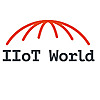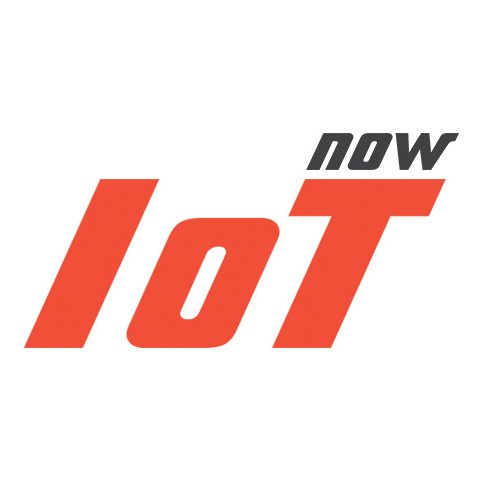
In this post, we will provide an overview of MQTT over QUIC and explain what happens when a TCP client encounters address migration. We will then compare this with the behavior exhibited by the QUIC protocol.
MQTT over TCP: Challenges of Network Address Change
When using MQTT over TCP, network address change refers to a situation where the client’s IP address changes during an active connection. This can occur due to various reasons, such as a device moving between networks, switching from Wi-Fi to cellular data, or experiencing network disruptions.
Network address change in TCP-based MQTT connections presents challenges and may result in connection drops and re-establishment. Address changes in client source addresses are particularly common in modern mobile networks.
Mobile devices frequently switch between different network types, such as Wi-Fi, 4G, or 5G, as they move or encounter varying network conditions.
This dynamic behavior adds an extra layer of complexity to MQTT over TCP connections. Additionally, addressing migration events can put an extra load on the MQTT broker, making it difficult to plan hardware resources efficiently.
Sudden bursts of reconnections due to address changes can strain the MQTT broker’s capacity and affect its performance. Ensuring that the MQTT broker can handle a high volume of reconnection requests becomes a crucial consideration in such scenarios.
Furthermore, from a development perspective, simulating client source address changes in a test environment is not a trivial task. It often requires specialized tools and configurations to mimic the dynamic nature of mobile networks accurately.
This complexity makes it challenging for developers to thoroughly test the behavior and robustness of their MQTT applications in the face of network address change.
MQTT over QUIC: A Better Solution
MQTT over QUIC provides a more efficient solution for tackling the obstacles of address change compared to MQTT over TCP. The QUIC protocol is designed to handle network changes seamlessly, providing enhanced resilience.
By leveraging QUIC transport, the following benefits can be observed:
- Address Migration Resilience: QUIC enables clients to migrate their IP addresses seamlessly, minimizing disruptions in the MQTT connection. The burden of reconnection attempts and session re-establishment due to address changes is significantly reduced.
- Reduced Load on MQTT Broker: The ability of MQTT over QUIC to handle address change more efficiently alleviates the load on the MQTT broker. The MQTT broker can better manage resource allocation and scaling plans, taking into account the reduced impact of sudden bursts of reconnections.
- Development Simplicity: MQTT over QUIC simplifies the development and testing process by providing built-in support for address migration. Developers can focus more on the application logic and functionality without worrying extensively about simulating address changes during testing.
By adopting MQTT over QUIC, IoT applications can benefit from improved scalability, reduced load on the MQTT broker, and simplified development and testing processes in the presence of client source address changes.
MQTT over QUIC: Powerful Solutions
We have explored the client address migration feature in MQTT over QUIC and its benefits in handling address changes during active connections. We discussed the challenges faced by MQTT over TCP when encountering address migration, including connection drops and reestablishment, as well as the additional load on MQTT brokers.
We also acknowledged the complexity of simulating address changes in testing environments. MQTT over QUIC emerged as a powerful solution to address these challenges.
By leveraging the capabilities of the QUIC protocol, MQTT over QUIC offers seamless address migration resilience, reduced load on MQTT brokers, and simplified development and testing processes. This protocol proves particularly valuable in modern mobile networks, where client source address changes are prevalent.




 Contact Company
Contact Company





 Latest IoT News
Latest IoT News







